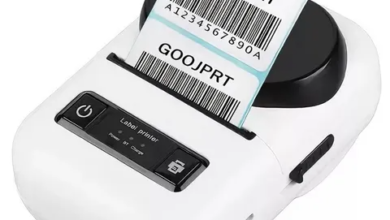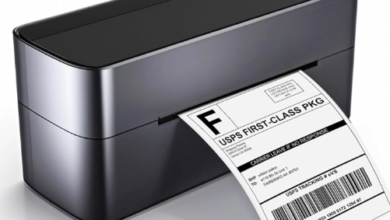Data Privacy in Digital Wallets: Enhancing Identity Management for the Modern User

In an era where digital transactions are becoming increasingly common, ensuring data privacy within digital wallets is crucial. As digital wallets evolve to offer more functionalities, including cryptocurrency management and personal identification, the importance of robust identity management and privacy protection grows. One of the key technologies enhancing data privacy in this space is the Multi-Party Computation (MPC) wallet. This article explores how MPC wallets enhance identity management and data privacy for modern users, offering insights into their role in securing digital wallets.
The Evolution of Digital Wallets
Digital wallets have transformed the way we manage and interact with financial assets. Initially designed to store and process payment information, they now encompass a broad range of functions, including managing cryptocurrencies, storing personal identification details, and handling loyalty rewards. The convenience and efficiency offered by digital wallets have made them integral to modern financial transactions.
However, with this increased functionality comes greater responsibility regarding data privacy. As digital wallets hold sensitive information, ensuring that this data is protected from unauthorized access and misuse is paramount. This is where advanced technologies like MPC wallets come into play.
Understanding Multi-Party Computation (MPC) Wallets
Multi-Party Computation (MPC) is a cryptographic technique that enables multiple parties to jointly compute a function without revealing their individual inputs. In the context of digital wallets, MPC technology allows for the secure management and operation of cryptographic keys, which are essential for accessing and managing digital assets.
MPC wallet uses this technology to split the private key needed to access digital assets into multiple shares, which are distributed among different parties or devices. Each share is stored securely and cannot be used independently to access the assets. Only when a sufficient number of shares are combined can the key be reconstructed to perform a transaction.
Enhancing Data Privacy with MPC Wallets
1. Secure Key Management
One of the most significant benefits of MPC wallets is their approach to key management. Traditional wallets often store private keys in a single location, which can be vulnerable to theft or loss. MPC wallets, on the other hand, distribute key shares across multiple locations or devices. This decentralized approach reduces the risk of a single point of failure, enhancing the overall security of the digital wallet.
For users, this means that their private keys—and therefore their digital assets—are protected against unauthorized access and breaches. Even if one device or location is compromised, the private key remains secure as long as the remaining shares are protected.
2. Enhanced Transaction Security
MPC technology not only improves key management but also enhances the security of transactions. Since the private key is never fully reconstructed in a single location, the risk of interception or unauthorized access during a transaction is minimized. Each transaction requires a quorum of key shares to be reconstructed and validated, adding an additional layer of security.
For users of digital wallets, this means that transactions are less susceptible to fraud and unauthorized access. The added security measures provided by MPC wallets help ensure that digital assets are managed and transferred securely.
Read also: AI-Enhanced User Authentication: Securing Digital Wallets with Advanced Technology
3. Increased Privacy Protection
MPC wallets contribute to privacy protection by ensuring that sensitive information, such as private keys, is not exposed or accessible in its entirety. Since the key is never fully reconstructed or visible in a single location, the risk of data breaches and exposure of sensitive information is reduced.
For modern users, this means greater control over their privacy and data security. MPC wallets enable users to manage their digital assets without compromising their personal information or exposing it to potential threats.
4. Compliance with Data Privacy Regulations
As data privacy regulations become more stringent, compliance is essential for digital wallet providers. MPC technology helps meet regulatory requirements by offering robust security measures and protecting sensitive information. By ensuring that private keys and transaction data are managed securely and privately, MPC wallets aid in maintaining compliance with data protection standards.
For users, this compliance translates to enhanced trust and confidence in the security of their digital wallets. Knowing that their data is protected in accordance with regulatory standards provides peace of mind and reinforces the reliability of the digital wallet provider.
The Future of MPC Wallets in Data Privacy
As technology continues to advance, MPC wallets are expected to play an increasingly important role in enhancing data privacy and security for digital wallets. Innovations in cryptographic techniques and further integration with emerging technologies will likely continue to strengthen the capabilities of MPC wallets, offering even greater protection for users’ digital assets.
Conclusion
Data privacy is a critical concern for modern digital wallet users, and MPC wallets are at the forefront of addressing these concerns. By enhancing key management, securing transactions, protecting privacy, and aiding in regulatory compliance, MPC technology offers a robust solution for safeguarding digital wallets. As digital wallets become more integral to managing financial assets and personal information, the role of MPC wallets in ensuring data privacy will continue to grow, providing users with the security and confidence they need in the digital age.




